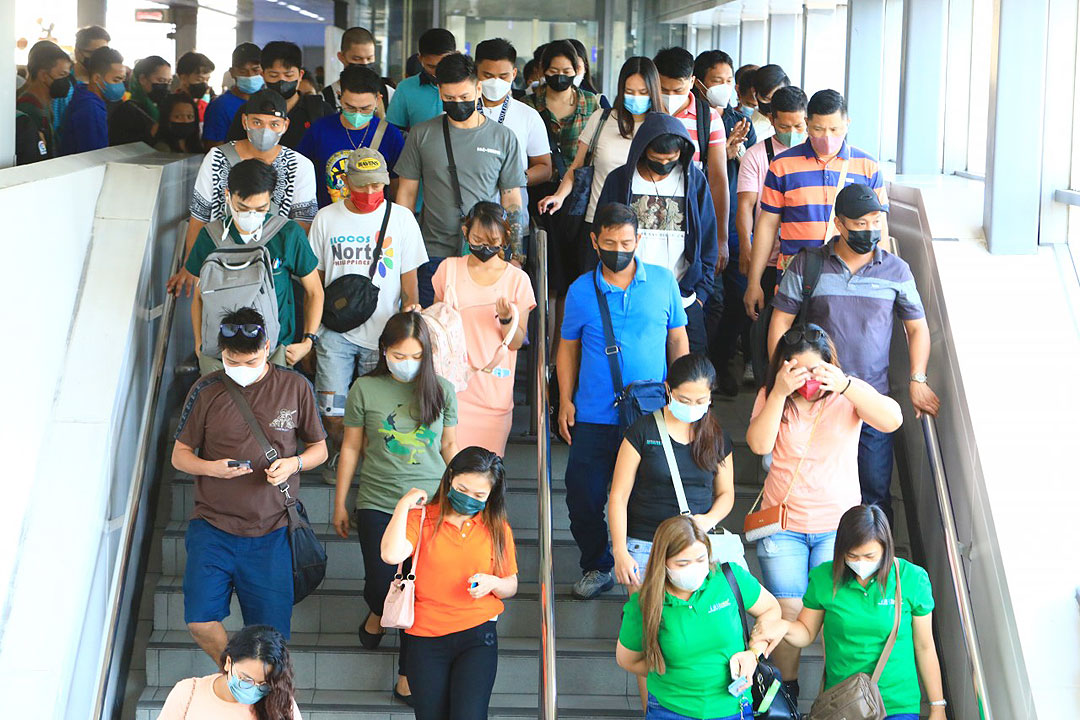Filipinos want ‘frictionless’ banking experience, survey shows

FILIPINO CONSUMERS have a “low tolerance” for inefficient processes when using financial services or applying for new products, a survey by analytics software firm FICO showed, highlighting the need for banks to ensure ease of use even as they ramp up their fraud controls.
While Filipinos value good fraud protection, they tend to get turned off by complex identity checks, with one in four of consumers in the country saying they stopped or reduced the use of their existing accounts if the identity verification experience is “cumbersome and time-consuming,” according to FICO’s Consumer Survey 2023, which covered 1,001 Filipino adults and about 12,000 other consumers in Canada, the United States, Brazil, Colombia, Mexico, India, Indonesia, Malaysia, Singapore, Thailand, United Kingdom, and Spain.
“The growing ubiquity of digital banking services means that Filipinos now increasingly expect a frictionless banking experience, especially when opening accounts,” Aashish Sharma, Asia-Pacific segment leader for risk lifecycle and decision management at FICO, said in a statement on Tuesday. “Our research reveals that streamlining these processes will be key in financial institutions retaining customers and enhancing satisfaction.”
“Ease of use should not be compromised in favor of security and anti-fraud measures. Consumers are expecting banks to fulfill both demands by leveraging technologies like improved identity verification, transaction history analysis, open banking and government databases. They are seeking smarter onboarding processes and identity checks, not riskier processes, and the key to this is ensuring the appropriate friction for each product and transaction,” Mr. Sharma added.
The survey showed that in the past year, more than half or 58% of Filipinos have noticed more identity checks when they log in to their bank accounts, or when they make online purchases (61%).
“This increase in identity checks by Filipino banks is a direct response to the significant issue of identity theft in the country. Just 5% have confirmed that their identity has been fraudulently used to open an account, but one in four (26%) suspects that it has,” FICO said. “Despite this, frustration with identity checks can alter consumer behavior.”
The same behavior was seen among consumers opening new financial accounts or applying for financial products, it said, as 59% of Filipinos expect to answer 10 questions or less or they will abandon a personal bank account application, while 26% will drop out if asked more than five questions, according to the survey.
“Filipino consumers show varying levels of patience for different account opening processes. They are most likely to abandon personal bank account applications (32%) due to complex or time-consuming identity checks. Close to one in three (30%) have abandoned savings account applications for the same reason, while roughly one in five (21%) have been frustrated enough to abandon mortgage applications,” FICO said.
“As banks encourage more customers to use digital services by promising faster online loan approvals, reducing consumer frustration caused by lengthy identity checks must be an imperative,” Mr. Sharma said. “Nearly half of Filipinos (49%) will not complete a digital mortgage application if it has more than ten questions, and more than half (59%) of personal loan applicants will abandon the process after 10 questions.”
It added that only 6% of the Filipino consumers surveyed said they are comfortable opening mortgage accounts through online platforms and 52% prefer applying for personal loans via bank branches.
About 70% of survey participants see the ability to open financial accounts digitally at any time via a bank’s mobile app or website as a top advantage, FICO said.
Meanwhile, 82% said in-person account applications via branches are more secure than doing so through digital channels. — ARAI



